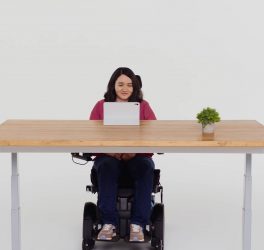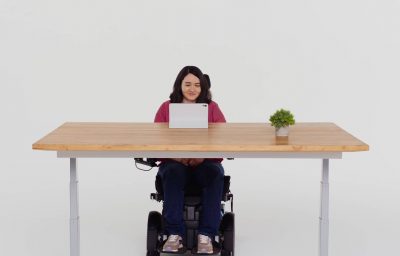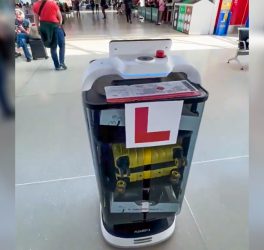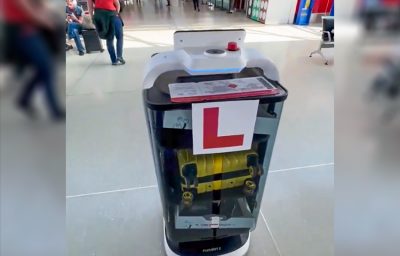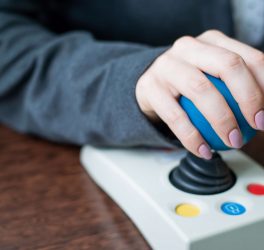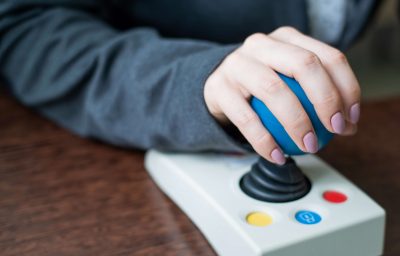
More than a third of children find it easier to be themselves online than offline, according to a new survey coinciding with Safer Internet Day, says The Irish news.
Thirty eight per cent said they see the internet as a safe space to explore and grow, but many also shared concerns about the behaviour of others and the need to create secondary accounts to protect themselves. Nearly half (47%) of eight to 17-year-olds who took part said they think it is important to “fit in” online, while 61% believe the internet puts pressure on people to come across as perfect.
The findings come as online platforms face growing pressure to protect vulnerable people online, amid Government plans to tackle a wide range of online harms.
A Young Persons’ Charter is to be presented to almost 40 MPs and Government officials at Westminster on Tuesday, with a list of requests from young people about making the internet a more inclusive place, such as establishing better protection online and industry accountability.
One in seven of the 2,001 young people questioned by the UK Safer Internet Centre said it is easy for individuals to be abusive online, leading 62% to be cautious about what they share. While almost a third like to create a second account on the same platform for positive and creative purposes, 40% say they do so in order to change how they are seen online and 36% because someone had been mean to them.

